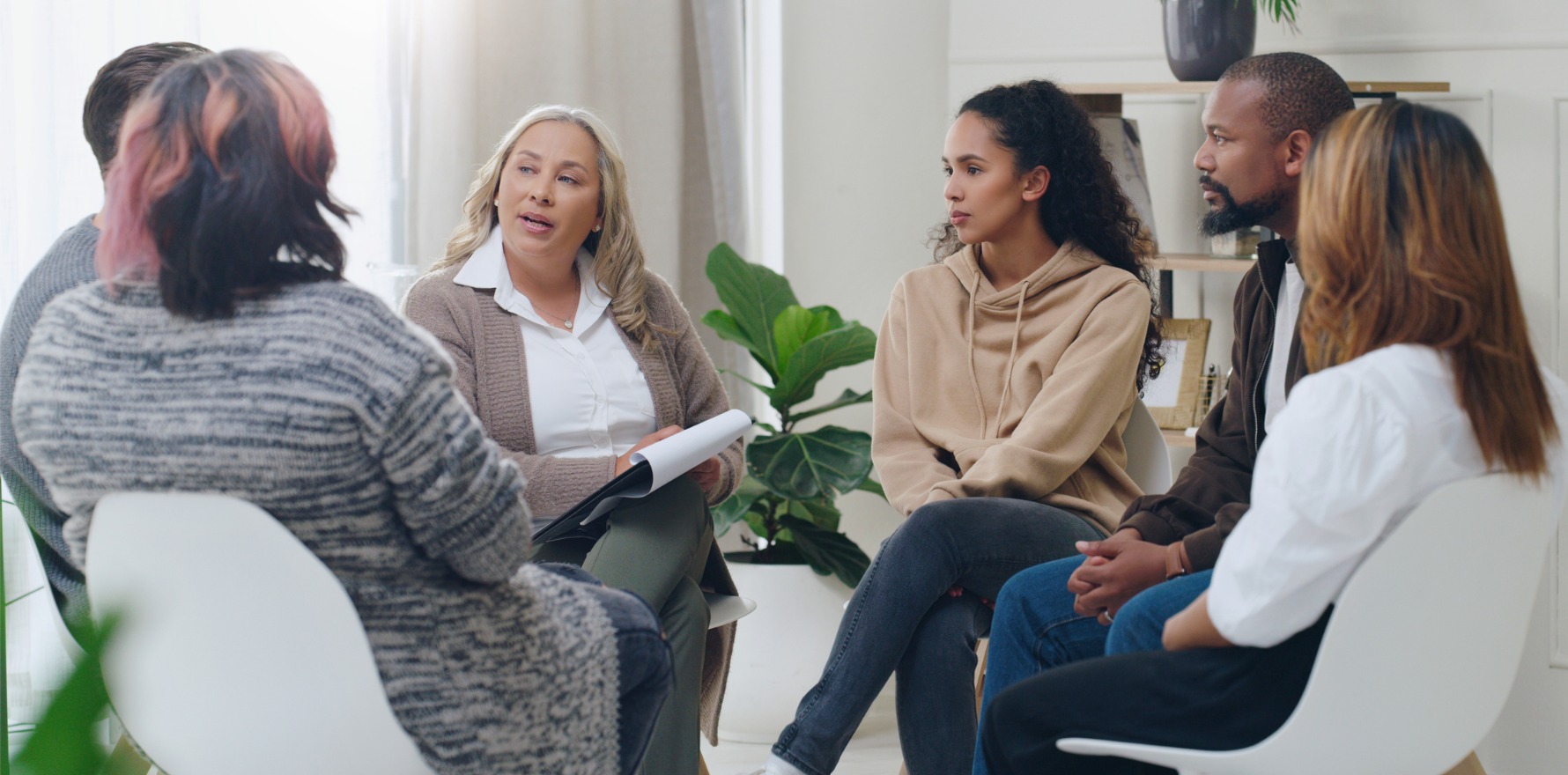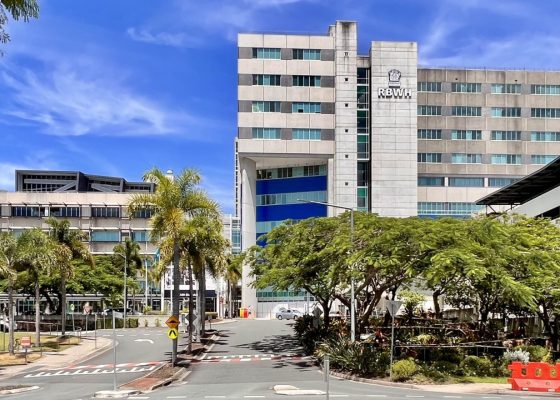The latest SANE data shows rising costs and unemployment are intertwined with poor access to care and stigma.
SANE’s survey of 475 Australians with lived experience of mental ill health has revealed that the symbiotic relationship between inaccessible mental health services and social and financial disadvantage continues to grow.
Over half (52%) of the respondents had not ever received assistance accessing mental health or social services, with most saying they wanted or needed help with this. Twelve percent reported accessing “no mental healthcare at all”.
“We spend a lot of time raising awareness of mental health and we spend a lot of time talking about it, so it’s extremely frustrating to see that we’re still turning away from people living with mental ill health,” said SANE CEO Rachel Green.
“People need more than just a prescription, they need support to help them access the things we all need in life – things like social connection, secure housing and meaningful employment.”
Unemployed participants (46%) said that their mental health was the reason why they were unable to gain or maintain employment. Stigma surrounding mental health issues in the workplace was also of concern, with 63% of respondents reporting they were “uncomfortable or unsure about disclosing details of mental health to their employer”.
This exacerbated the financial inaccessibility and slowed uptake of mental health services, as only 7% were able to access bulk-billed or NDIS-funded supported health services. Additionally, 35% reported out-of-pocket costs for mental health care of at least $2000 per year, and 15% reported costs of more than $5000 per year.
Housing insecurity was also an important factor, with 42% of respondents being “worried or concerned that their housing situation may change unexpectedly”.
The social impacts of poor mental health were stark – more than half of respondents said they felt they had nobody they could depend on, and 32% of respondents said they felt lonely all the time. Thirty-eight percent experienced suicidal thoughts and 14% had attempted suicide.
“SANE provides a range of phone and digital support services, but we’re struggling to meet the demand and the funding we receive to provide this critical care is not certain,” said Ms Green.
“Providing support for people to not just survive but thrive, improves mental health outcomes today and reduces the impact of mental ill health in the future.
“We’re asking both state and commonwealth governments to commit stable investment into accessible psychosocial support services to help those impacted by mental ill health to live healthy, meaningful and productive lives.”
Do you have a story tip for us, or a topic you would like to see us cover? Contact the editor at editor@healthservicesdaily.com.au.




